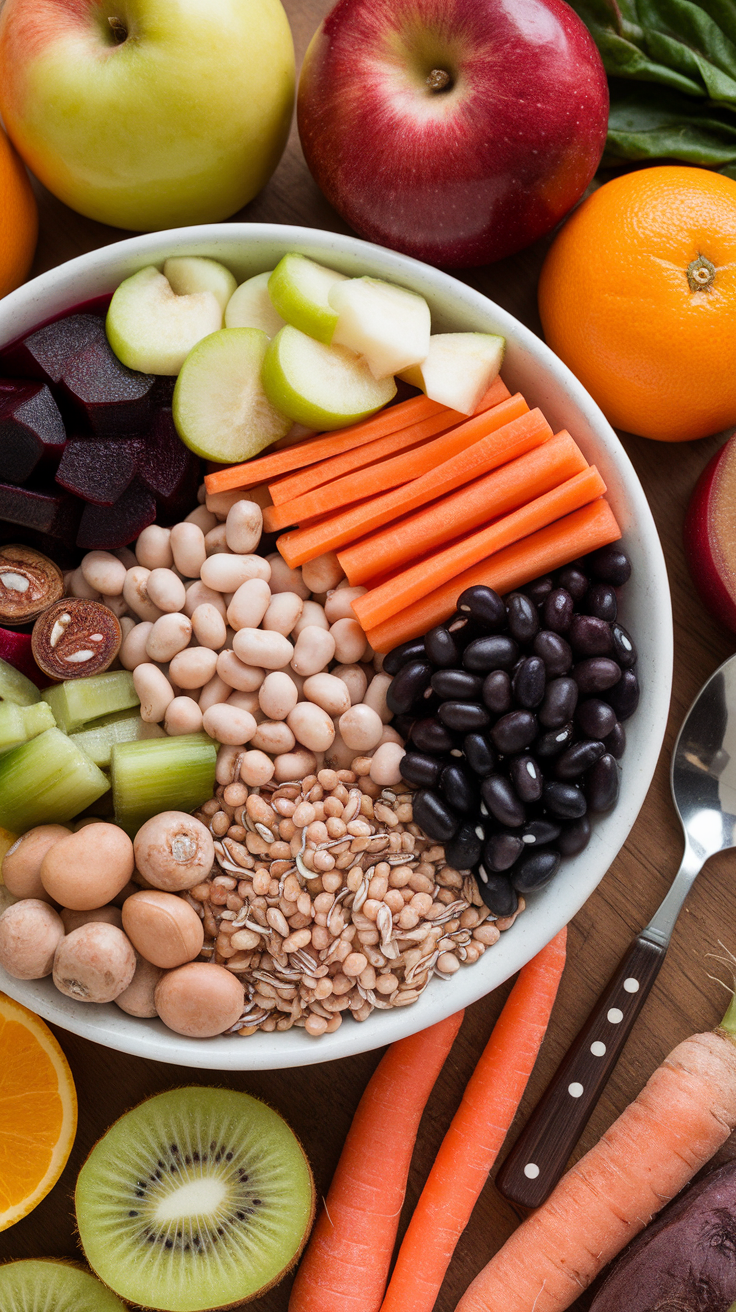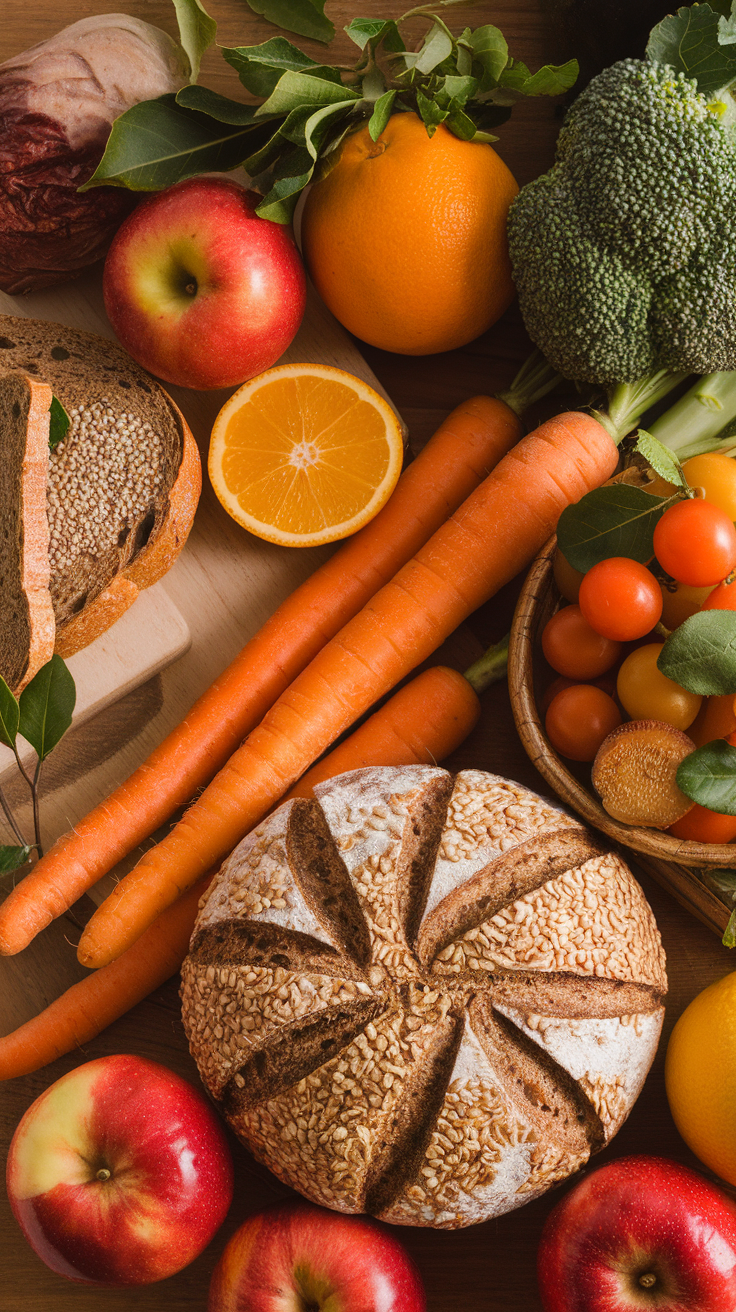The Power of Fiber: Unlocking Sustainable Weight Loss
Last Updated: August 5, 2025 at 6:00:48 AM UTC
Fiber-rich foods and supplements can be a game-changer for those seeking a healthy and sustainable approach to weight loss, but it's essential to understand the nuances and benefits of this strategy.

In the quest for a healthier, slimmer physique, many of us have tried various diets, supplements, and quick fixes. While some may have yielded temporary results, the most successful and sustainable approaches often involve making lasting changes to our daily habits and food choices. One crucial aspect of this journey is incorporating a sufficient amount of fiber into our diets.
What is Fiber and Why is it Important?
Fiber is a type of carbohydrate that is not fully digested in the small intestine. Instead, it passes through the digestive system relatively intact, providing several benefits for our overall health. For weight loss, fiber plays a crucial role in:
- Reducing Hunger and Cravings: Soluble fiber, found in foods like oats, barley, and fruits, helps slow the digestion and absorption of sugar, leading to a feeling of fullness and reduced cravings.
- Improving Gut Health: Fiber serves as a prebiotic, feeding the good bacteria in our gut, promoting a healthy gut microbiome, and supporting immune function.
- Supporting Healthy Blood Sugar Levels: Fiber's ability to slow carbohydrate digestion and absorption helps regulate blood sugar levels, reducing the risk of insulin resistance and type 2 diabetes.
How Much Fiber Do You Need?
The general recommendation is to consume 25-30 grams of fiber per day, with the average American diet providing only about 15 grams. Increasing your fiber intake can be achieved through:
- Fiber-Rich Foods: Incorporate more fruits, vegetables, whole grains, legumes, and nuts into your diet.
- Fiber Supplements: Consider adding fiber powder or capsules to your daily routine, especially if you're struggling to meet your fiber goals through food alone.
The Benefits of Fiber for Weight Loss
Research has consistently shown that high-fiber diets are associated with:
- Significant Weight Loss: A 2018 study published in the Journal of the Academy of Nutrition and Dietetics found that participants who increased their fiber intake lost more weight and improved their overall diet quality compared to those who didn't.
- Improved Blood Sugar Control: A 2020 review of 15 clinical trials concluded that high-fiber diets can help regulate blood sugar levels and improve insulin sensitivity.
- Reduced Inflammation: Fiber's anti-inflammatory properties may help alleviate chronic inflammation, a known risk factor for various diseases, including obesity.
The Challenges and Considerations
While fiber is an essential nutrient for overall health and weight loss, there are some important considerations:
- Gastrointestinal Side Effects: Increasing fiber intake too quickly can cause digestive discomfort, such as bloating, gas, and abdominal pain. Gradually introduce high-fiber foods and supplements to minimize these effects.
- Interactions with Medications: Fiber can interact with certain medications, including blood thinners, diabetes medications, and certain antidepressants. Consult with your healthcare provider before making significant changes to your diet or supplement routine.
Conclusion/Key Takeaways
Fiber is a powerful tool for sustainable weight loss, offering numerous benefits for overall health and well-being. By incorporating more fiber-rich foods and supplements into your diet, you can:
- Reduce Hunger and Cravings
- Improve Gut Health
- Support Healthy Blood Sugar Levels
- Achieve Significant Weight Loss
Remember to approach fiber supplementation gradually, be mindful of potential side effects, and consult with your healthcare provider if you have concerns. With a balanced and fiber-rich diet, you'll be well on your way to a healthier, happier you.










